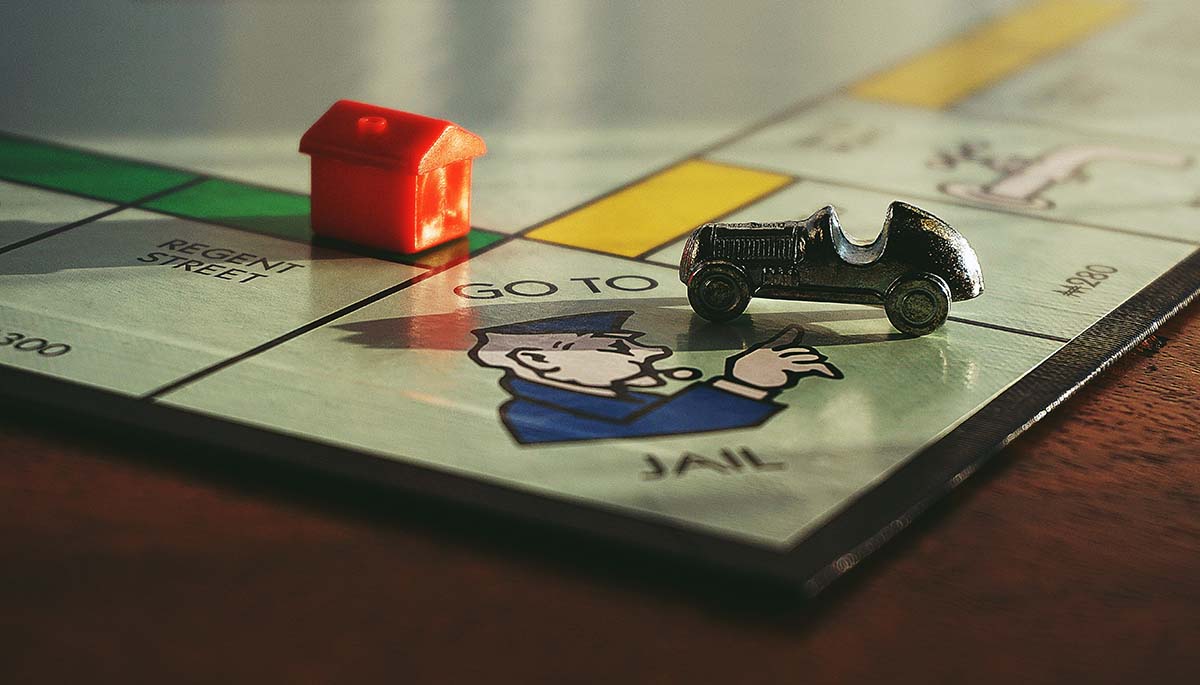"Youth Criminal Justice Act"
How the Criminal Justice System deals with young offenders.
The Youth Justice System is governed by the Youth Criminal Justice Act ("YCJA"). It is designed to be completely separate from the adult criminal justice system as it is designed to deal exclusively with a "young person" who is charged with an offence under the Criminal Code of Canada. If you or your loved one is under the age of 18 and is charged with a criminal offence, call Song Criminal Defence to speak to a lawyer right away.
Young Person?
A "young person" is defined as anyone who is 12 years of age or older and less than 18 years of age. Note this is different from what the system would consider a child which is defined as an individual who is younger than 12 years of age.

The Objectives of the YCJA
We all make mistakes and more so as kids. The system knows that young people can often get into serious problems partly due to a function of their age. The YCJA was created partly to protect young people and their futures knowing that their current actions may not be a full reflection on who they will be as adults. Courts have commented that young people have not "fully developed" as adult individuals. Therefore, the court is more focused on rehabilitation, having the youth take responsibility over their actions, special protection of the rights of youth, speedy resolution, parental involvement, and care for victims. As such, the differences between a YCJA matter and an adult matter may be in the protection of the identities of accused youth and key procedural differences to achieve the above stated goals.
Sentencing | "Punishment"
As mentioned before, youth matters are treated differently from adult matters. In terms of "sentencing", youth matters are often dealt with by way of extrajudicial measure or "alternative measures" where the matter is dealt with outside of the Court system in the form of "diversion". A youth must first admit to the charge and accept responsibility; however, such admissions are inadmissible into evidence during a criminal or civil proceeding. Other dispositions include a reprimand, intensive support or supervision programs, non-residential programs of no more than 6 months, to name a few. Note in certain serious cases, an application may be made by the Crown Attorney to treat the youth as an adult at which point adult dispositions (punishments) would be available upon sentencing.
Obviously, we cannot comprehensively cover how these consequences may impact your unique situation on this page. Call us and speak to a lawyer immediately or reach out to us to set up a free in-person consultation to completely understand your situation, the consequences you may face, and to develop a plan of action to beat your charges.

